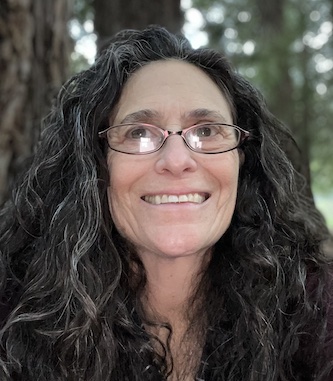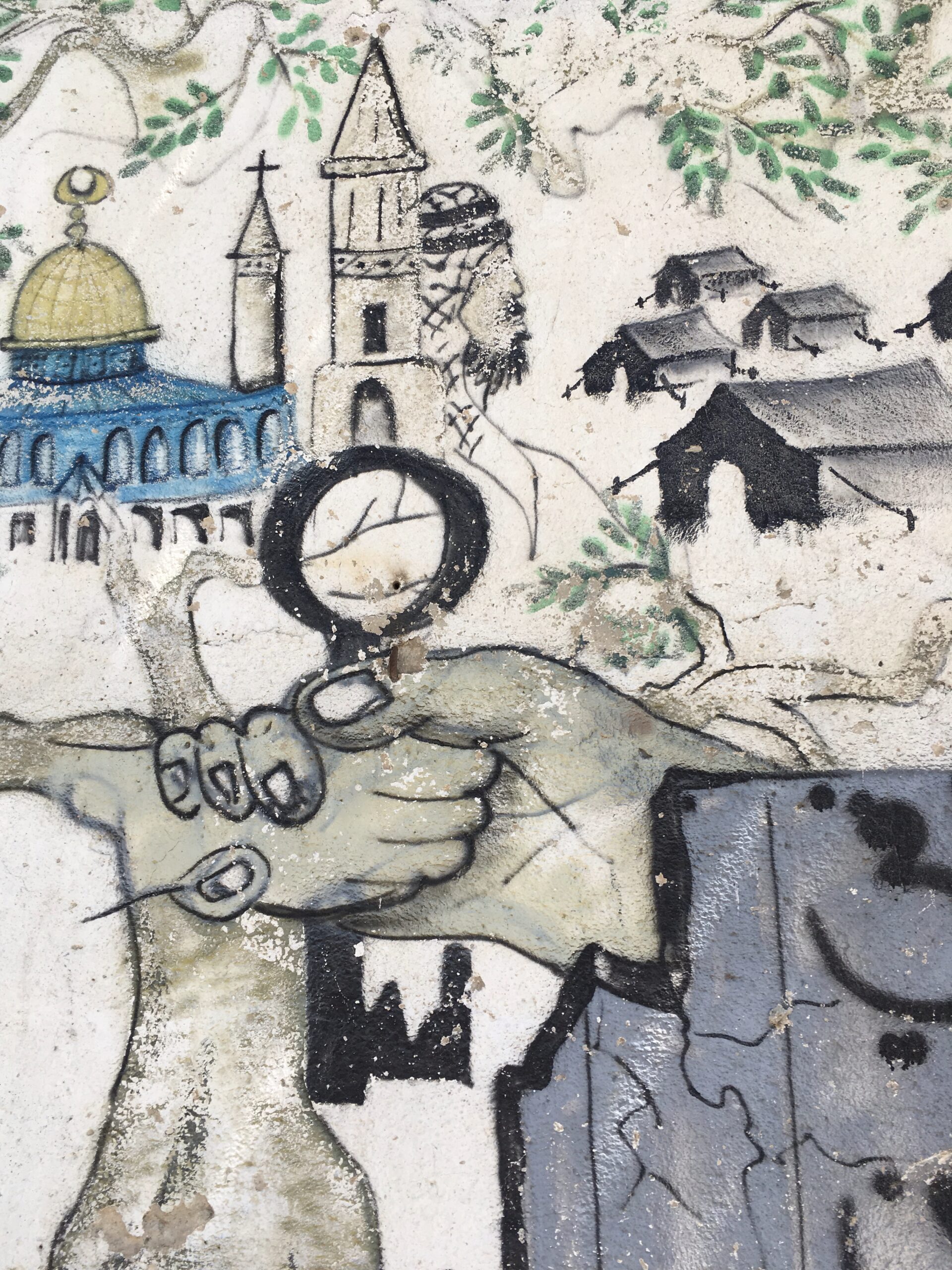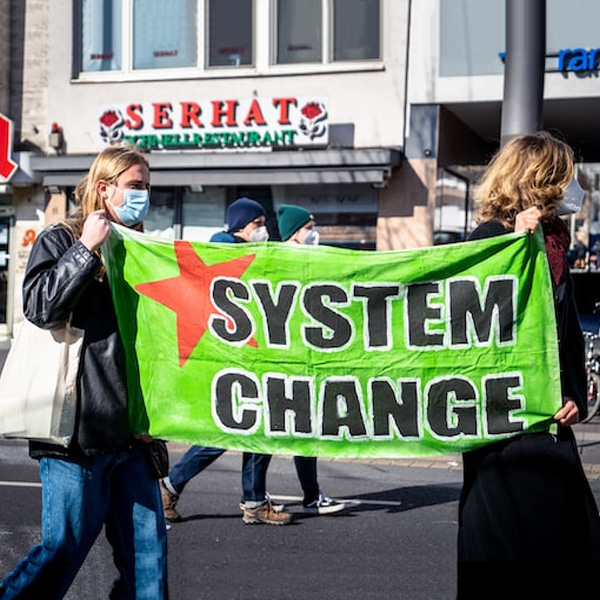
Mission
We believe in a Judaism of love and transformation: We heal ourselves and our world through joyful and meaningful spiritual practice, loving relationships, social activism, and revolutionary consciousness.
Who We Are
Beyt Tikkun: A Synagogue without Walls
Beyt: A House – A welcoming, joyful space for spiritual seekers
Tikkun: Healing, repair, and transformation of ourselves and our world
A Synagogue: A Jewish Renewal community of prayer, ritual, custom, and study. We integrate spiritual and prophetic consciousness with spiritual activism to create a more loving and just world.
Without Walls: You don’t have to be Jewish, religiously observant, or in the Bay Area to pray with us, learn with us, or be a member of our community.

Upcoming Events
July 2025
August 2025
View Calendar
What We Think
God
10 Commitments
(Speech Acts/Divine Utterances)
Spirituality
Shabbat
Money & Values
Social Justice
Israel/Palestine
Society/Politics
History
Beyt Tikkun: A Synagogue Without Walls is a spiritual home for politically progressive people, both Jewish and non-Jewish, both local to the Bay Area and throughout the world, incorporating Jewish spiritual wisdom, practices, and rituals. A central theme of Judaism is to heal and repair ourselves and the world. We uplift those parts of our tradition that embody the revolutionary consciousness characterized by love of the stranger, a movement toward freedom and justice, and a critique of imperial power and thinking. The audacity of the Hebrew prophets guides our spiritual and religious practices and mandates us to challenge oppression in all its manifestations.
This is the core of what our founder Rabbi Michael Lerner envisioned when he started Beyt Tikkun in 1996. Rabbi Lerner was mentored by Abraham Joshua Heschel at the Jewish Theological Seminary and received rabbinic ordination from a rabbinic beyt din directed by Zalman Schachter-Shalomi, the founder of Jewish Renewal. Rabbi Lerner has shaped the religious life of Beyt Tikkun and empowered us to continue his legacy.
Rabbi Lerner’s prophetic vision infuses our liturgy, our rituals, our inclusive, egalitarian, and loving community, our advocacy, and our social action. Through his involvement in social justice work and as a psychologist studying the psycho-dynamics of working people, Rabbi Lerner became deeply aware of the isolation many people experience in their day-to-day lives and recognized the centrality of creating religious communities that nurture its members. At Beyt Tikkun, we strive to co-create the community and the world we want by manifesting love and care for each other, the stranger, and the planet. We show up for each other and for those in need.
We use traditional liturgy infused with Hasidic joy, spiritual depth, feminist wisdom, and a critical consciousness which allows us to continually innovate while retaining the core of traditional Jewish worship. We support those in Israel and Palestine who seek justice and security for all and an end to the occupation. We are aware that for peace and justice to prevail, we have to challenge the global capitalist ethos of domination, selfishness, and materialism and replace it with a new ethos of love and caring for each other and the planet. Our liturgy, our rituals, our services, and our community embrace this loving and caring ethos.
Rabbi Cat Zavis is an accomplished lawyer, spiritual social justice activist, and visionary leader with over 20 years experience in empathic and people-centered leadership and collaboration. She has served as co-editor of Tikkun magazine and executive director of the Network of Spiritual Progressives, where she has trained over 1,000 people in Prophetic Empathy and Revolutionary Love. To learn more about Rabbi Cat Zavis and listen to her teachings, click here.
As Rabbi Cat Zavis rises to the rabbinic leadership position, we accept the challenge to grow in response to this evolving and challenging era, bringing continued renewal to the expression of our faith and philosophy.
Weekly Action for Peace
🛑 Stop U.S. escalation toward war with Iran
💣 End U.S. bomb sales fueling genocide in Gaza
☢️ Halt nuclear aggression and demand no first use
📲 Mobilize locally through Beyt Tikkun’s Bay Area activist Signal group
🚫 Resist Trump’s threats of mass deportation
Rabbi Cat’s musings on Parsha Shemini
This week’s parsha, Shemini, tells the story of Aaron’s sons offering a stranger fire to the Divine and the Divine consuming them in the fire. What? Aaron’s sons are ordained as priests and then God consumes them in fire right in front of Aaron and Moses? How...
Jews Stand Against Government Suppression of Free Speech & Demand Justice
At this critical moment, we cannot stay silent. We denounce the Trump Administration’s unconstitutional efforts to suppress Free Speech on campuses and its failure to hold accountable those who have created a hostile and unsafe environment for students through...
















